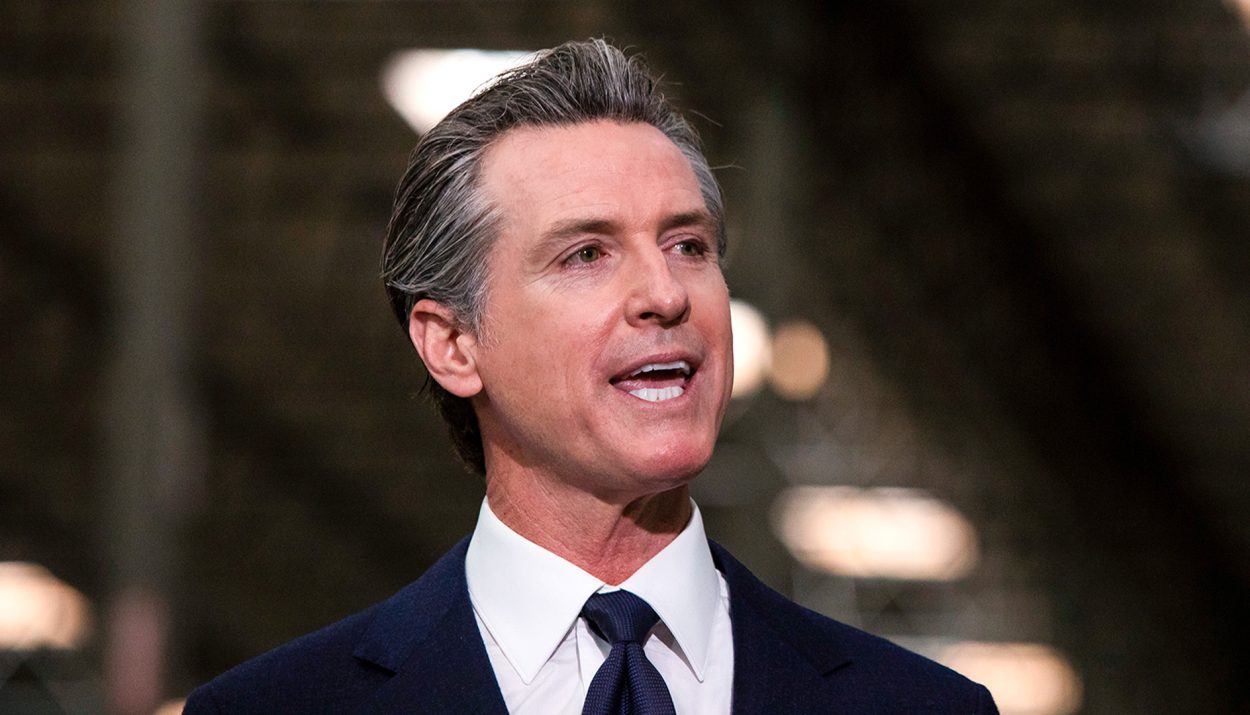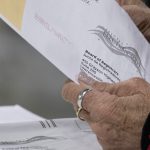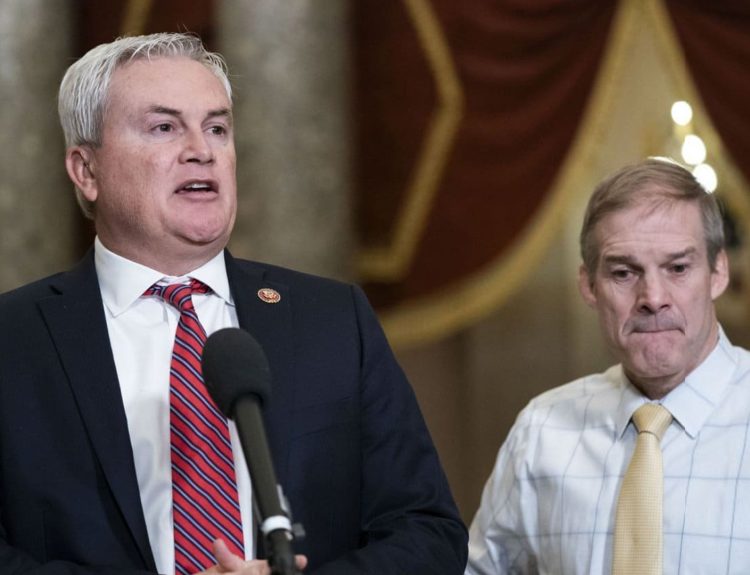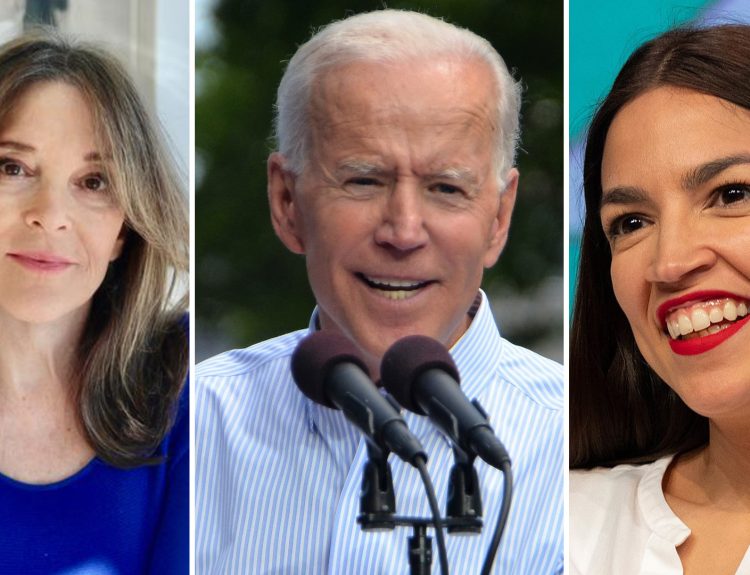California Governor Gavin Newsom recently warned President Joe Biden about letting Robert F. Kennedy Jr. run as an independent candidate in the 2024 US General Elections. RFK Jr. has secured support in many battleground states, leading to questions of splitting the vote. Let’s see what this might mean.
Biden and Trump Clinch Major Party Nominations
President Joe Biden and former President Donald Trump have secured the nominations of the Democratic and Republican parties, respectively, after winning a majority of state primary contests.
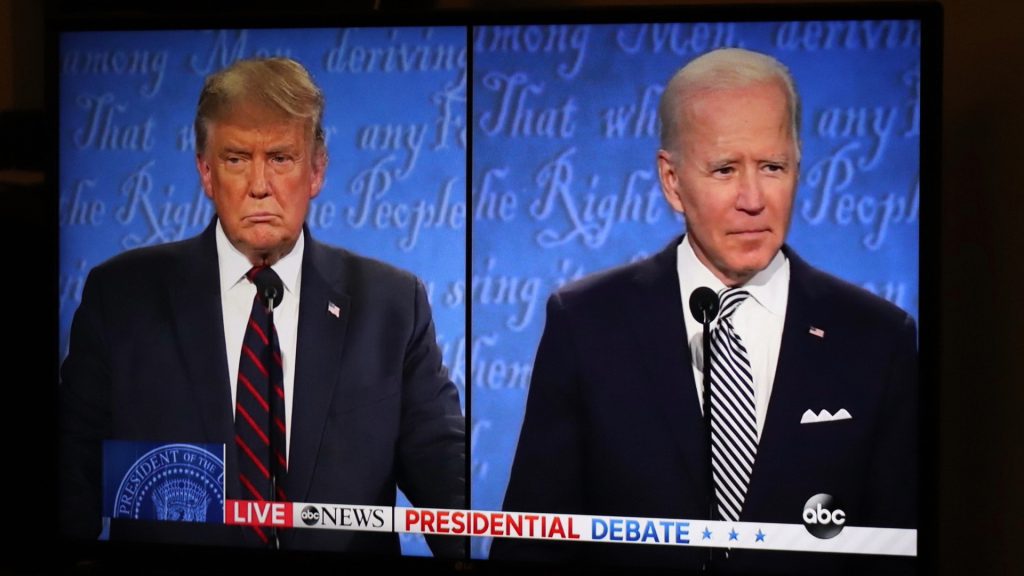
However, a potential rematch between the two in the general election has been met with widespread dissatisfaction among voters who desire fresh faces and new leadership.
Kennedy Jr. Aims for 50-State Ballot Access
Robert F. Kennedy Jr., initially planning to run as a Democrat, has pivoted to an independent campaign, working tirelessly to get his name on the ballot in all 50 states and Washington, D.C.
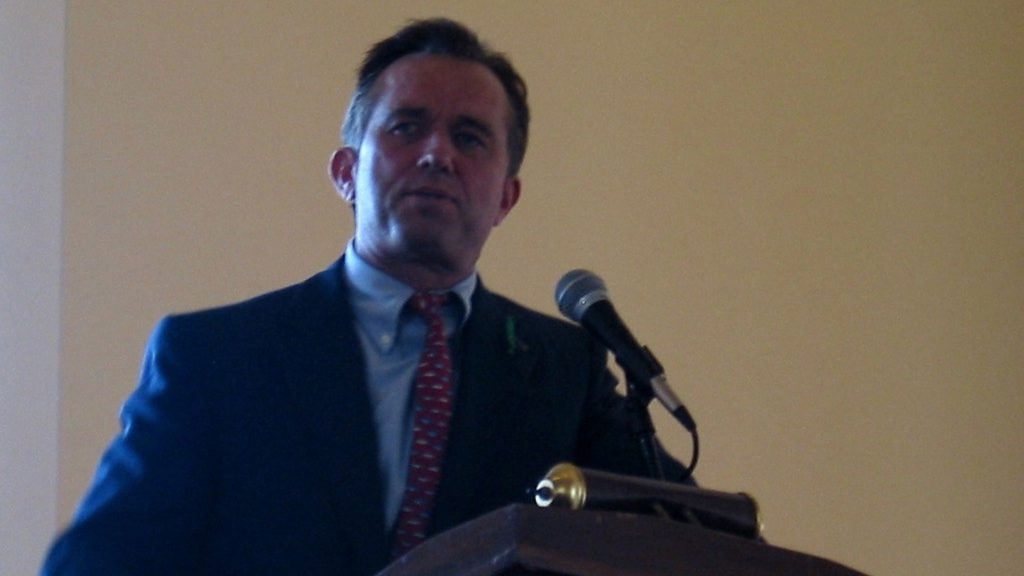
His recent success in securing a spot on the Michigan ballot, a crucial battleground state, has brought renewed attention to his bid. Independent candidates usually don’t fare well when running against established parties.
Newsom Warns Biden About Kennedy Jr.’s Impact
During an interview on MSNBC’s “Inside with Jen Psaki,” Governor Newsom expressed concern about the potential impact of Kennedy Jr.’s candidacy on President Biden’s reelection chances.
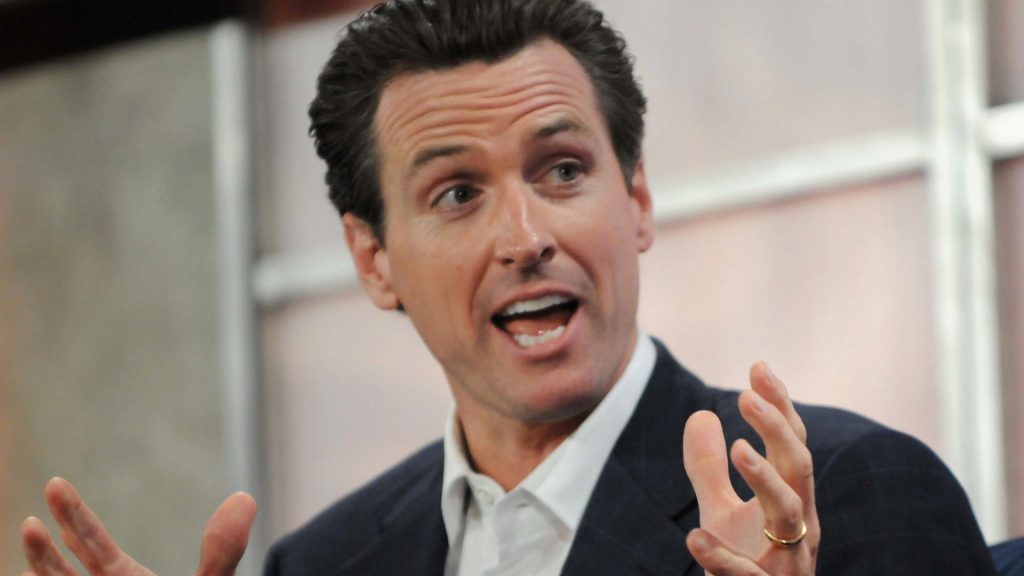
While acknowledging the reverence for the Kennedy family name, Newsom cautioned that his presence must be taken seriously if Kennedy Jr. gains ballot access in multiple swing states beyond Michigan. His presence on these swing state ballots could funnel some votes away from the Democrats.
Swing State Importance and Biden’s Strategy
Newsom highlighted the significance of seven swing states for Biden’s campaign: Georgia, North Carolina, Pennsylvania, Wisconsin, Michigan, Nevada, and Arizona.

He emphasized Biden’s strong focus on Pennsylvania and expressed optimism about the president’s chances in Wisconsin. Newsom also revealed his personal commitment to campaigning in the critical trio of Michigan, Nevada, and Arizona.
Third-Party Challenges and Unpopular Frontrunners
Third-party and independent candidates have historically faced uphill battles in a political system dominated by the two major parties. According to polls, there is a bit of difference this time around.

With both Biden and Trump facing low approval ratings and dissatisfaction among voters, Kennedy Jr.’s candidacy has gained traction, particularly among those seeking an alternative option.
Concerns About Vote-Splitting and Tight Races
Democrats have voiced concerns that Kennedy Jr. could siphon away votes from Biden, potentially tipping the scales in close battleground states. Republicans have also voiced concerns that he might steal some of their votes.
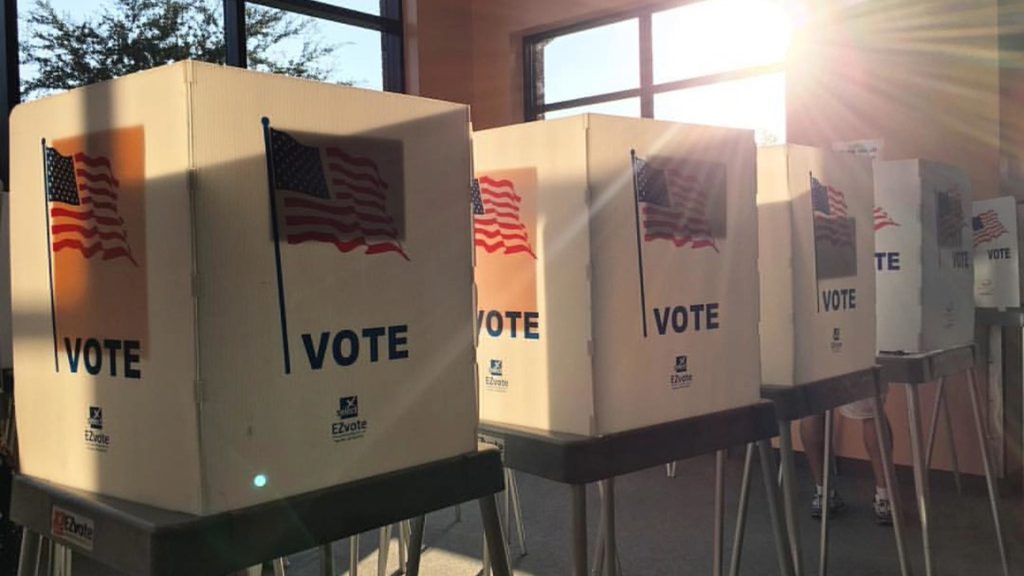
While polls suggest Kennedy Jr. could attract disgruntled voters from both parties, his stances on issues like vaccinations and abortion may make it harder for him to resonate with traditional Democratic voters dissatisfied with Biden.
Kennedy Jr.’s Potential Appeal to Dissatisfied Democrats
Political science professor Grant Davis Reeher of Syracuse University emphasized the importance of Kennedy Jr.’s ballot access.
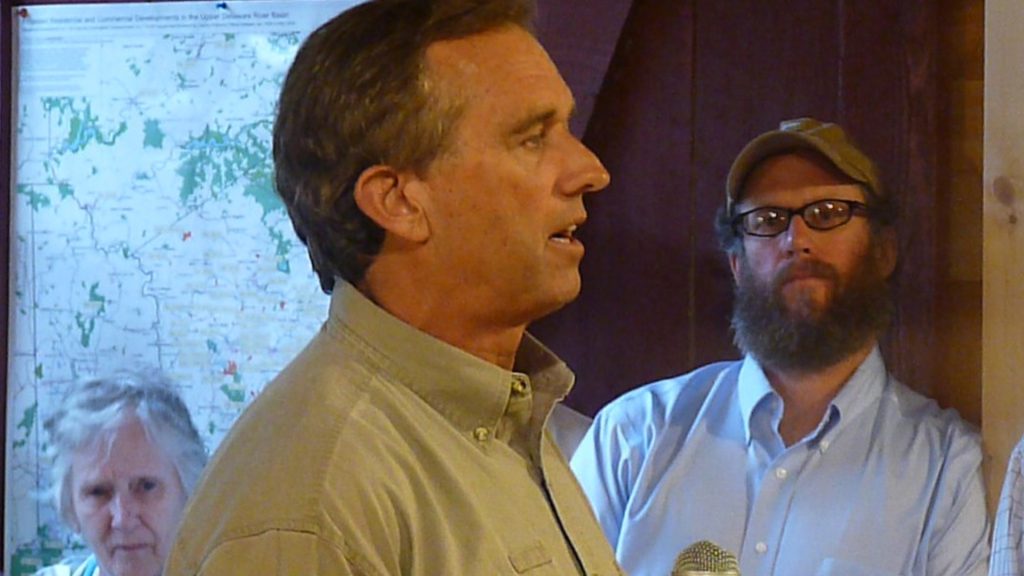
Rehher noted that combining his economic policies and family legacy could appeal to some Democratic voters disenchanted with Biden. In a tight election, even a small third-party presence could prove consequential.
Recent Polling and Biden’s Battleground Leads
Despite the concerns, multiple polls published in March showed promising numbers for Biden, including leads or stalemates in crucial battleground states like Wisconsin, Pennsylvania, and Michigan. These swing states could make or break Biden’s push for his second term.
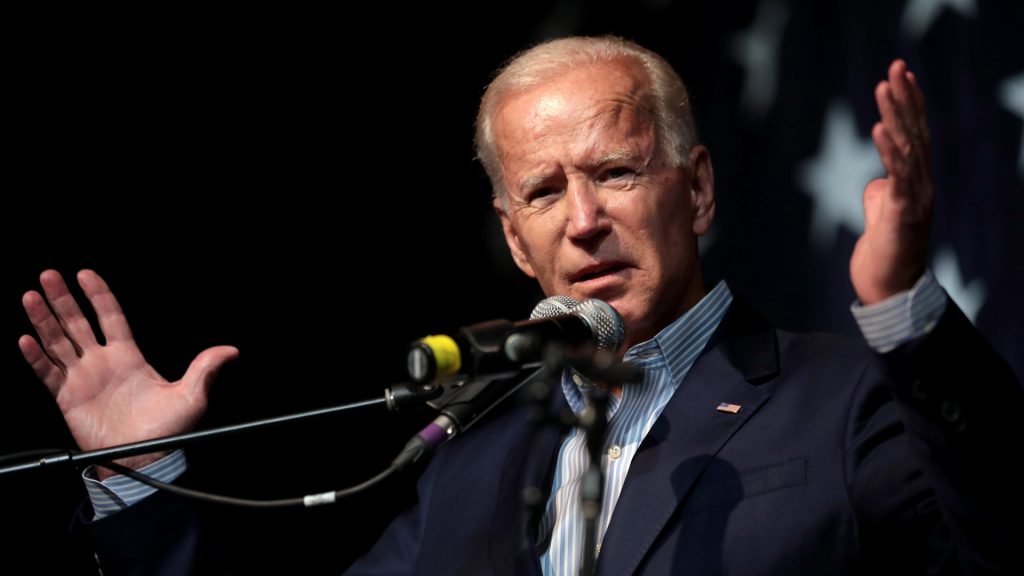
While Biden held a slight national lead ranging from one to three points, the intricacies of the Electoral College system make it difficult to predict an outright victory based on these numbers alone.
Legal Hurdles and Ballot Access Challenges
Kennedy Jr. faces significant legal hurdles and ballot access challenges in his quest to appear on all 50 state ballots. States can aim to block him from showing up on ballots, costing him votes and states in the Electoral College.

Each state has its own set of requirements and deadlines, and the process can be complex and costly for independent candidates without the backing of a significant party apparatus. Grassroots movements in these major parties also account for much of the rabid support independent candidates lack.
Fundraising and Campaign Infrastructure
Fundraising and building a robust campaign infrastructure are also critical factors for Kennedy Jr.’s success. The Kennedy name carries with it a pedigree regarding the halls of power, but this name recognition alone is not enough to gain crucial votes.

Without a major party’s resources and organizational support, independent candidates often struggle to gain visibility and mount effective campaigns across multiple states simultaneously.
Potential for Spoiler Effect and Electoral College Impact
While Kennedy Jr.’s candidacy may resonate with a segment of disaffected voters, there are concerns about a potential spoiler effect, where his presence on the ballot could split the vote and inadvertently benefit one of the major party candidates.
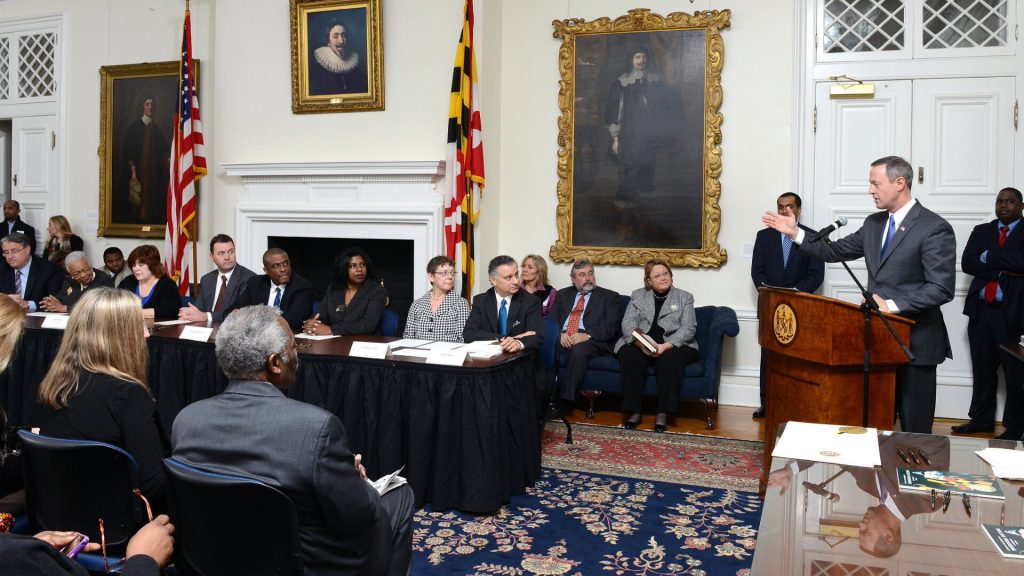
The Electoral College system adds another layer of complexity, as a slight shift in widespread vote totals in key states can have an outsized impact on the overall outcome. However, his presence in those states might affect not only the Democrats but the Republicans as well.
Evolving Dynamics and Voter Sentiment
As the campaign progresses, voter sentiment and the dynamics of the race may shift, potentially affecting Kennedy Jr.’s standing and impact on the election.
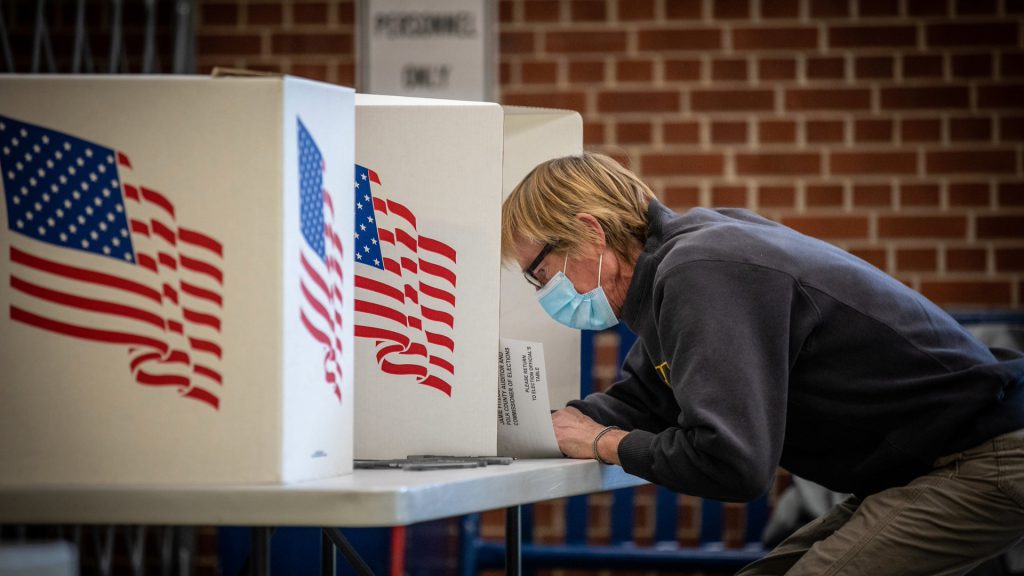
Factors such as debates, campaign messages, and unforeseen events could sway public opinion and alter the calculus for independent and third-party candidates.
A Call for Open Dialogue and Engagement
Amidst the concerns and uncertainties, observers have emphasized the importance of open dialogue and engagement with Kennedy Jr.’s campaign and supporters.

Dismissing or marginalizing independent voices could further fuel disillusionment with the two-party system, underscoring the need for a nuanced and inclusive approach to addressing the challenges posed by alternative candidacies.
The Road Ahead: Navigating Uncertainty and Disruption
As the 2024 presidential election cycle unfolds, Robert F. Kennedy Jr.’s independent bid represents a disruptive force that could reshape traditional campaign strategies and voter behavior.

While the ultimate impact remains uncertain, his presence reminds us of the evolving political landscape and the persistent demand for fresh perspectives and alternatives in American politics.

